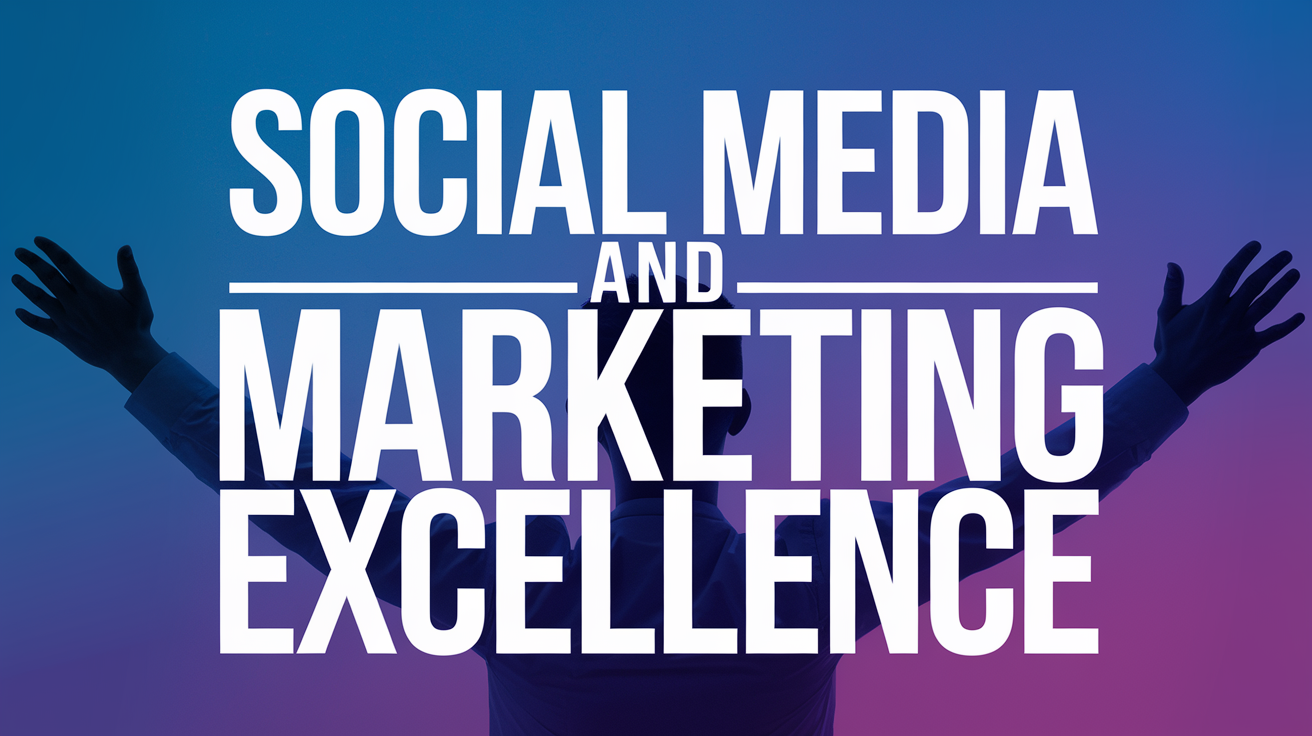The Evolution of Marketing in the Digital Age

Marketing has undergone a profound transformation in the digital age, evolving from traditional print and broadcast media to a complex ecosystem of digital platforms and technologies. This shift has not only changed how businesses reach their audiences but also how consumers engage with brands.
The Rise of Digital Marketing
The advent of the internet brought about a seismic shift in marketing strategies. Traditional methods such as print ads, billboards, and television commercials began to give way to digital marketing tactics like search engine optimization (SEO), pay-per-click (PPC) advertising, and social media marketing. These new methods allowed businesses to target their audiences more precisely and measure the effectiveness of their campaigns in real-time.
Social Media: The New Frontier
Social media platforms like Facebook, Instagram, Twitter, and LinkedIn have become integral to modern marketing strategies. These platforms offer businesses the opportunity to engage directly with their customers, build brand loyalty, and gather valuable insights into consumer behavior. The ability to create and share content instantly has democratized marketing, allowing even small businesses to compete on a global scale.
The Power of Content Marketing
Content marketing has emerged as a powerful tool in the digital marketer’s arsenal. By creating valuable, relevant, and consistent content, businesses can attract and retain a clearly defined audience. Blogs, videos, infographics, and podcasts are just a few examples of content that can drive engagement and build trust with potential customers.
Data-Driven Decisions
One of the most significant advantages of digital marketing is the ability to collect and analyze data. Tools like Google Analytics, social media insights, and customer relationship management (CRM) systems provide marketers with a wealth of information about their audience’s behavior and preferences. This data can be used to refine marketing strategies, improve customer experiences, and drive better business outcomes.
Emerging Technologies
The marketing landscape continues to evolve with the introduction of new technologies. Artificial intelligence (AI) and machine learning are revolutionizing how marketers understand and interact with their audiences. For example, text to image AI can generate visual content based on textual descriptions, opening up new possibilities for creative marketing campaigns.
Personalization and Customer Experience
Personalization has become a key focus in digital marketing. By leveraging data and AI, businesses can create tailored experiences for individual customers. Personalized emails, recommendations, and dynamic content on websites can significantly enhance the customer experience, leading to higher engagement and conversion rates.
Influencer Marketing
Influencer marketing has gained prominence as a powerful strategy for reaching niche audiences. Influencers, who have built a following on social media, can endorse products and services, providing a level of authenticity and trust that traditional advertising often lacks. Collaborations with influencers can drive brand awareness and sales, particularly among younger demographics.
The Future of Marketing
As technology continues to advance, the future of marketing promises even more innovation. Virtual and augmented reality, voice search, and the Internet of Things (IoT) are just a few of the emerging technologies that are poised to reshape the marketing landscape. Businesses that stay ahead of these trends will be well-positioned to thrive in an increasingly competitive digital environment.
In conclusion, the evolution of marketing in the digital age has been rapid and transformative. From the rise of social media to the power of data-driven decisions, marketers have more tools and opportunities than ever before. As new technologies emerge, the future of marketing looks brighter and more dynamic than ever.





